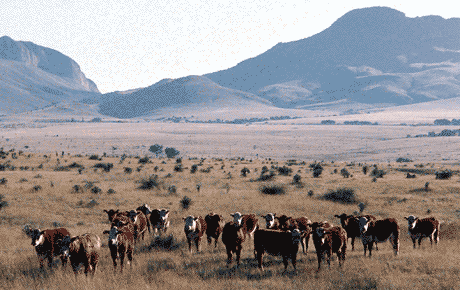US farmers to enjoy guaranteed revenue

US farm support arrangements are “a disappointment” and a “significant step backwards”, according to a new critique of the 2008 Farm Bill, prepared by the EU Commission’s agriculture directorate in Brussels.
The report notes that, as well as retaining all the old schemes such as countercyclical payments and loan deficiency payments, which kick in as commodity prices fall, the Bill has also introduced a new Average Crop Election Programme (ACRE) which protects farmers against a fall in revenue.
“It is business as usual,” says the report. “ACRE allows producers to lock in a revenue guarantee in 2009 based on the high prices in 2007/08 and updated yields. If prices fall in 2009/10, payments would be triggered. Indeed, there is potential for very high payments.”
The US Department of Agriculture believes this to be a “risk management” scheme, rather than an “income support programme”. To be triggered, farm incomes must fall below the 2007/08 threshold both at state and farm level.
To enter the new ACRE programme, US farmers also have to agree to forego traditional countercyclical payments and accept a 20% reduction in their other direct payments.
But the EU Commission describes it as “a countercyclical revenue programme”, which not only guarantees farm income, but does so at a higher level than under the traditional schemes.
It notes that, for soya beans, the ACRE price guarantee is $9.55/bushel, compared with $5.36/bushel under the traditional countercyclical payment scheme, while the ACRE yield is 42.3bu/acre compared with 34.1bu/acre under CCP.
“ACRE compares favourably to CCP in that it provides roughly double the revenue guarantee,” says the report, which predicts around 80% of US crop farmers will take part.
The USDA is assuming that commodity prices will continue firm over most of the five-year life of the 2008 Farm Bill, meaning actual payouts will be low – about $2bn a year.
But the EU study shows that, should prices fall to 2006 levels, then expenditure on the ACRE programme would climb to $10bn. As such, it could easily breach the ceiling allowed for certain crops under the current WTO agreement – let alone any new WTO agreement.
For a Farmers Weekly opinion on this story, and to add your own comment, visit Phil Clarke’s Business Blog. And why not add it to your list of favourites? |
|---|
